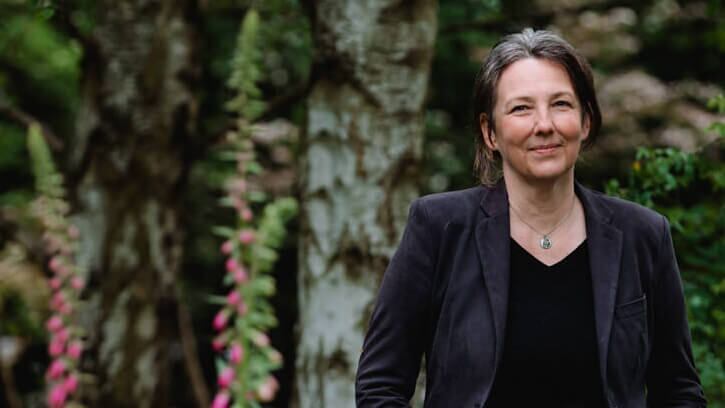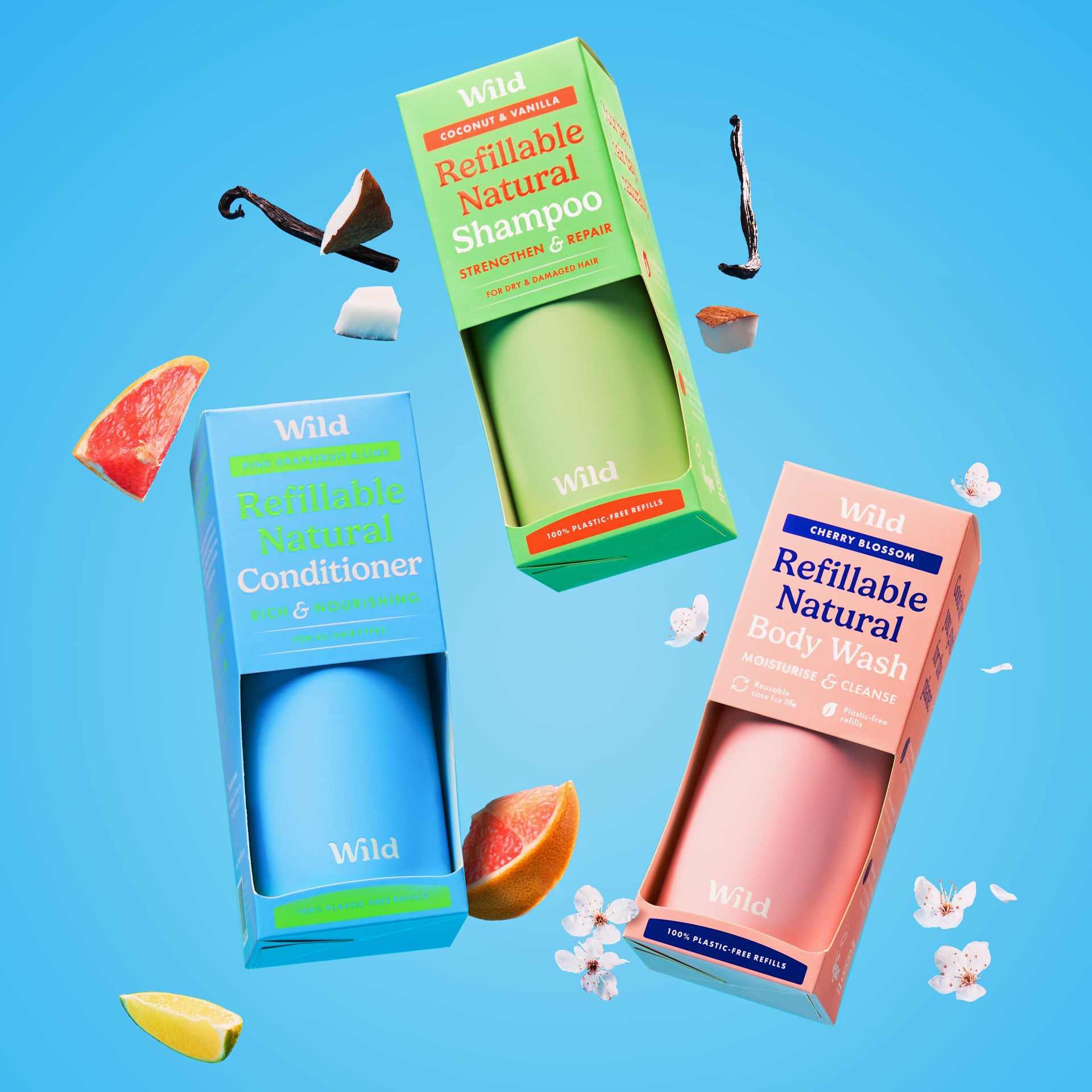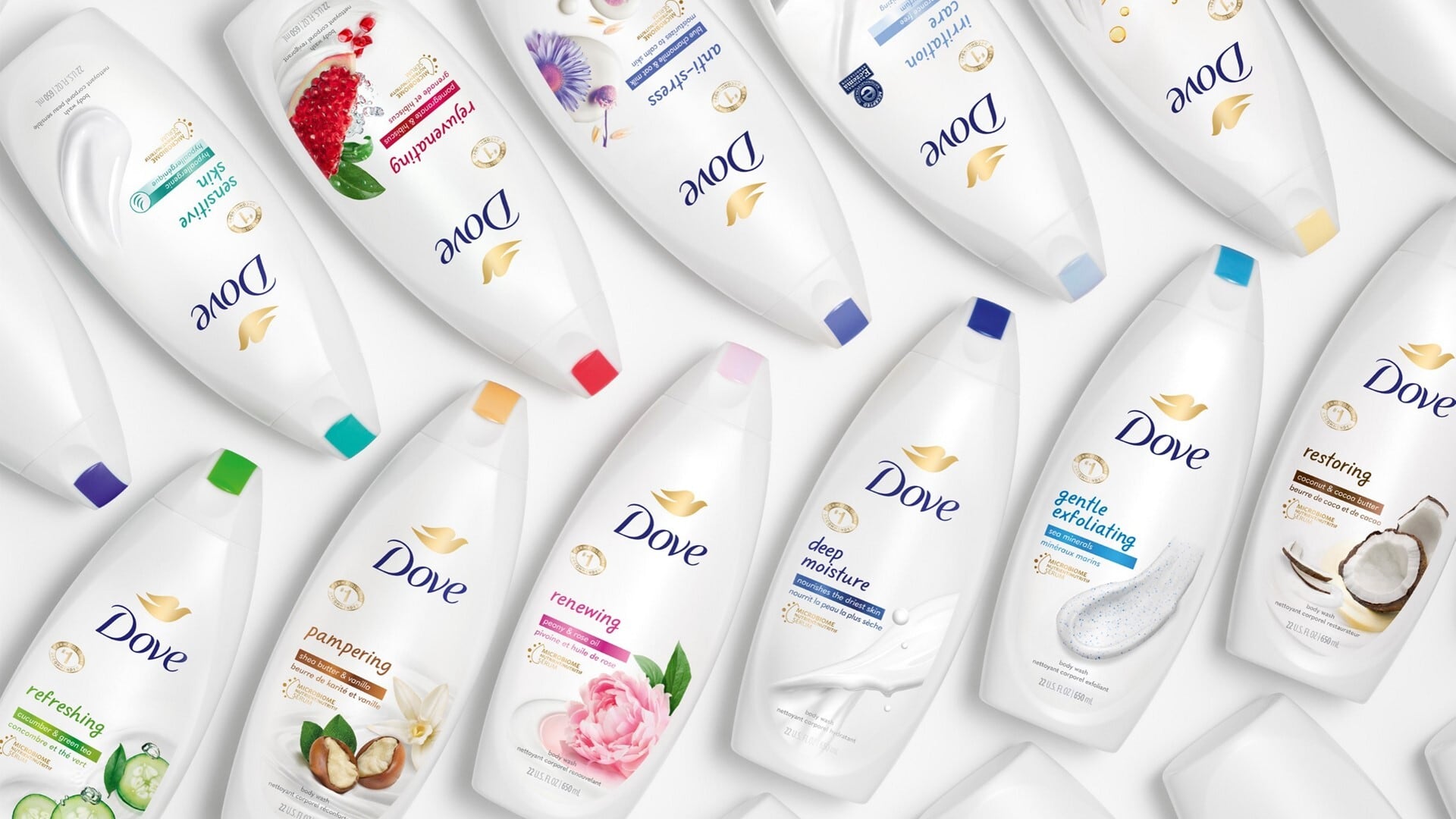As part of our recent Beauty Forward 2024 digital summit, we spoke to MD for Weleda UK – Jayn Sterland – about how the already highly sustainable business is constantly striving towards achieving an even more circular model.
You can also watch the full interview, plus more interviews with key industry experts, by registering here.
CosmeticsDesign-Europe (CDE): What’s currently happening at Weleda in terms of becoming a more circular business?
Jayn Sterland: We've always been a regenerative company. I wouldn’t necessarily say we've set out to be a beauty company. We came from very humble beginnings. We were a clinic in a hospital in Switzerland, and we're still based in the village we started in.
When we started out it was very much about how we could use nature and be part of nature to help the healing processes in the body. And that's really been our North Star. And it still is 100 years later.
And to do that, it was very much about working in harmony with nature. And we have almost by design become a regenerative company. So, we are farmers first and foremost; we sow our own seed, we grow around plants, we make our own tinctures from which we take the active pharmaceutical. So, the wallpaper of the company has always been regenerative.
We've always been very much a circular business particularly when it comes to ingredients and processes, so for example, I mentioned about we make our own tinctures but everything within biodynamic farming – the farming methods that we use – is a closed system. So, you don't bring anything in; you use everything within nature. So even fertilisers and sprays come directly from the garden. We call them our preps. And once we made the tincture, any plant waste goes back into composting. So that has always been part of our nature. That's that circular way of doing things.
However, now we come into the modern day and everybody wants things in packages. You know, it's a linear system. So, the delivery of how we give our products to the consumers is linear. So, we take product off the shelf. That's a bit that we're finding really, really challenging simply because the packaging is a preservatives system. So how do we now think about packaging? Because our processes and our ingredients are very circular, but it's the packaging and the delivery of the packaging to the customer. How do we make that much more sustainable and that is not just a challenge leader. It's a challenge for the industry!
CDE: Can you tell us more about what your you've been doing in that area?
JS: At the moment it's an imperfect system. We do use we use lots of glass and that takes a lot of energy to recycle, but at least there is a good global system for recycling glass. We use some composite recycled plastics. So, for example, we use lots of tubes that come from the recycling of milk cartons and so on.
So, we know that it's imperfect, but we're trying to be the best we can be. And the big step change for us will be to find completely compostable materials. So, for example, with glass, you can pretty much recycle glass on a continuous basis and use cardboard and a lot more paper that again can be recycled, but trying to get to that the Holy Grail really which is having packaging that does no harm; that has no waste, everything becomes circular. Wouldn't it be amazing if we could create packaging that then can become food for the soil and 100% compostable? That has to be the ultimate aim.
So, you asked where we are on the journey. We have just moved our Skin Food range and our new facial skincare ranges that we're launching this year and next year across Europe back into 100%-recycled aluminium tubes. So that's quite new. But the ultimate aim and the 2030 vision has to be to find this compostable material that will still preserve our products and the actives in the products – so that we when we use the products are still getting the benefit – without having packaging that is causing damage to the planet.
CDE: There have been a lot of regulation changes and consumer pressures to move towards an increasingly circular business model. What are the major challenges faced by the industry right now?
JS: The beauty industry has been phenomenal, really at the forefront of showing how we can become much greener. However, I think we need to look at waste because this is a huge issue.
So, for example, tertiary packaging is a big issue. And the tertiary packaging is just things that your packaging goes into to get it from the point of manufacture onto the shelf into a retailer or into an ecommerce business. And that is purely there to protect the actual packaging, so let's redesign packaging to get rid of tertiary packaging. That will save money that will save us resources will become much more efficient. So, efficiency and performance has got to be where we need to start in the industry.
CDE: What about the current ‘green-washed out’ phenomenon – consumers being fed up of companies greenwashing and putting the responsibility back on to them instead of changing the way things are. What impact will this have on the industry going forward?
JS: I hate that term ‘consumers’, but I hope the whole us as customers of everything – so not just about beauty – but everything that we use our money for, because it's our money and we should be putting it into things that are going to be positive, right? We say even the act of buying an organic pint of milk is an ‘act of activism’. So, I think we just need to become much more honest. I'm tired of reading brands are doing all these great things, as I know how hard we work at Weleda and we're not brilliant. There's so much more we could do. We had really in-depth research into the business from an external agency. It concluded that if the world was run the way Weleda was run there would still be a 1.5 degree rise in temperature, so this is telling us we're not good enough!
There is no beauty company out there today that can say they do more good than harm. As when we consume the product, we use hot water. That's a massive carbon footprint. It's great that we're having this kind of reaction against greenwashing. When you read that a company is carbon positive, that just means they're offsetting, quite frankly. And that's lying.
So, we need to be much more honest. And not just in the beauty industry. We need to work together with all the big brands. We just need to start seeing it as it is. Because it shouldn't be a battle like one over the other. I've worked with British Beauty Council and the Sustainable Beauty Coalition and it’s fantastic how all the brands are coming together in beauty; working together to stand on each other's shoulders. And that's where we need to get to true collaboration. True transparency. If somebody has a breakthrough, share it because holding it back is not going to help the situation we are in.
CDE: And what about being more circular in terms of ingredients? What can companies do here? Is regenerative farming a better option than biotechnology?
JS: The first thing we need to do is to move away from using petrochemicals and mineral oils. It's part of the old system; it's part of the old paradigm. It's cheap as chips. And a lot of these ingredients are put in as fillers. Wouldn’t it be lovely is to think that every single ingredient that goes into formulation is there for a benefit of the end user, as opposed for the fact that it's cheap, or it helps the shelf life. You know some products have shelf life for four years. And that says to me: ‘well there must be plastic; there can't be any goodness in those products’. So, where the ingredient comes from, I think is a big discussion. But it's almost secondary to what ingredient has what ingredients are using and do they have a positive benefit to the end user because that then to me, puts the focus back on why you are making a product… you are making a product to help solve a problem and you're meant to be giving the end user the best quality.
And then we come into well it depends on what your brand stands for. So, at Weleda for over 100 years, we've only ever been natural; we would not use synthetics in preservatives. We don't use artificial fragrances. We weren't using GMO. And obviously you pay premium for that.
So, it really depends, and I think every single ingredient that's in use has to be there for a benefit to the end consumer and has to come from the most sustainable route as opposed to its cheapest. We have so many mineral oils in products but they're not they're not harmonious with the planet and they're not harmonious with our body. If you take silicones for example, which is the predominant ingredient in haircare, it's not a natural ingredient and it doesn't break down in the environment. We're getting mass problems with coral dying, coral reefs are dying because of silicones going into the water courses, and so on. So, make sure that we're using all ingredients have a direct end user benefit, and make sure those ingredients come from the right place in terms of sustainability and are not causing a problem in the natural world.
CDE: What do you think future customers will expect from brands in terms of becoming more circular in the future?
JS: We are seeing two things happening at the moment in terms of trends. The first is that packs are getting bigger, even litre-size packs, which is good I think because you're reducing the amount of packaging. Although I do sometimes worry if I bought a litre of that, will I get through it fast enough? You know, would it go off before I use it?
The on the opposite end of the scale is the potential to buy very small amounts of products. I think we're all guilty of having cupboards full of half-used products. So, we're also seeing more smaller packs and products and that's good because you’ll get through them faster, and the products are fresher and so you're reducing the actual waste at the end of the life because you're not chucking away half a jar of cream that's gone solid.
That's where I would really like to see us becoming much more flexible in the industry. Bigger packs, smaller packs, and people buying less product, as 70% of sales come from new products, right? We're all after that newness; we want something new all the time.
That constant strive for newness comes with a big price tag. It costs a lot of money to make a new product. And then if it only lasts a few seasons that we've wasted a lot, quite frankly, and that's the dichotomy of our industry.





